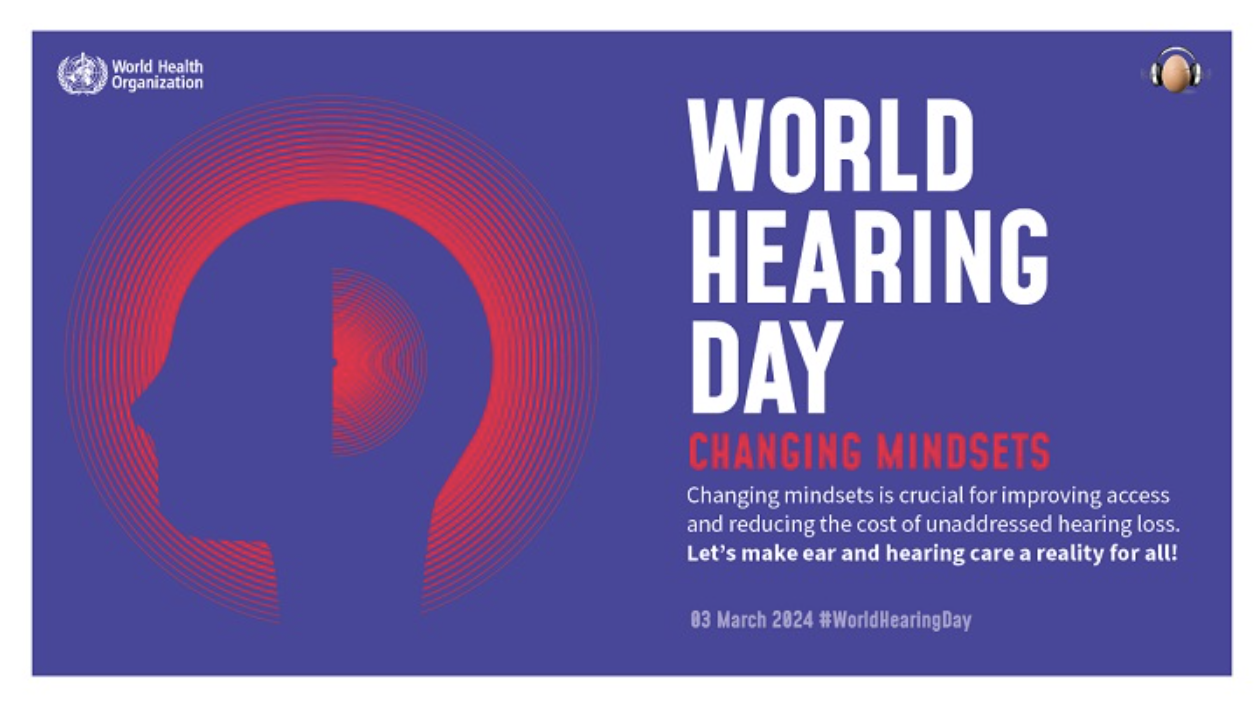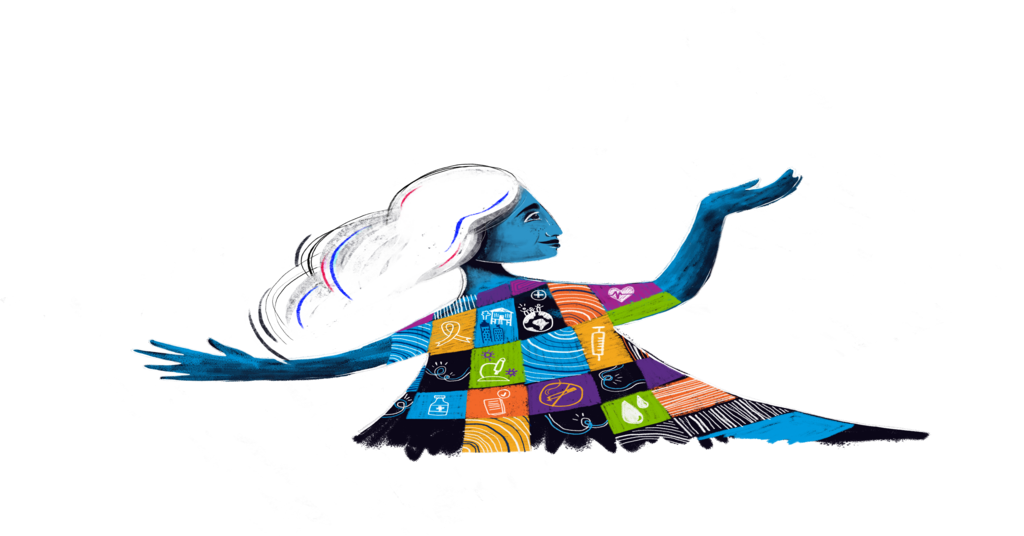
Losing My Sister Helped Me be Open About My Hearing Loss
January 25, 2019
Meet Phonak Teen Advisor Mia
January 29, 20193 tips for being in a band with hearing loss

It’s a little bit ironic that I chose to dedicate most of my time to music, considering I have a hard time hearing the full sound of a band.
I have mild to moderately-severe sensorineural hearing loss in my right ear and moderate to severe mixed hearing loss in my left ear. In second grade I received my first pair of hearing aids and in fifth grade, I started playing the trumpet.
Right when I began playing, I instantly knew that this instrument was for me. Now that I am in 10th grade, it has been about five years since I started playing. I have performed in various ensembles across the Metro-Detroit area including jazz bands, symphony bands, and community bands. Being actively involved in music has taught me a few things about hearing loss and musicianship!
Anyone can be a musician
Sure, not everyone is going to be great at the first instrument that they try. You may have to give up your dreams of being a professional slide whistle player.
However, there are many different kinds of instruments that are totally different. Being hard of hearing has been a challenge, but it has been nothing more than motivation for me. Working around my problems has only managed to inspire me. I have had problems with blending into an ensemble, my volume, and my intonation.
All of these problems have solutions and it’s all about working towards finding them. Remember, nothing worth your time will be easy to do, there will always be setbacks. It’s up to you to get past them.
Here’s a video of me performing, “Salvation is Created” with my high school’s marching band, the Wyandotte Marching Chiefs.
Three Tips for being in a band
After being in various ensembles, everything from church choirs to big bands, I have learned what to do in each. Every ensemble you perform in is going to be different. The members, conductors, and music will vary tremendously.
1) Always be prepared ahead of time
It’s paramount that you are aware of what’s going to happen at rehearsal. You should always arrange a plan with your conductor if you plan on using Roger/FM equipment during a rehearsal/performance.
I have been graciously loaned a Phonak Roger Pen to use, and I make sure I use it wisely. While using a ComPilot and my Phonak Audeo V90s, I can have the conductor wear the Roger Pen and I will be able to hear their voice and the full ensemble simultaneously.
“While using a ComPilot and my Phonak Audeo V90s, I can have the conductor wear the Roger Pen and I will be able to hear their voice and the full ensemble simultaneously.”
I have also tried to place the mic strategically around the room to hear specific sections of the band. Different bands require different plans. For example, when I play with a jazz band I have noticed that when I perform a solo, I can only hear myself.
Working with my band director, we found a solution that helps me to hear the entire rhythm section when I solo! We achieved this by placing the microphone on a stand next to the bass player.
The Roger Pen has come in very handy for hearing different parts of the ensemble. Recently I played a church band that performs annually for Christmas Eve Mass. I hesitated to use the Roger Pen originally, but once I started to use it I was amazed at the results.
I was able to hear the conductor’s every word. She was more than willing to help me in any way! So always seek out the help of the conductor.
2) Know your limitations
Some days are not going to be good days and that is alright! Every now and then you will have a rough day. When you are playing an instrument with hearing loss you have more to worry about. You have to be proficient enough of a musician to be able to fit into an ensemble and sound good!
Depending on the instrument you play/the type of music you are playing, you will be affected differently. There is also the additional responsibility of remembering your hearing technology, making sure it is charged, connected, functioning.
“There is also the additional responsibility of remembering your hearing technology, making sure it is charged, connected, functioning.”
If you have a tough day, take a step back and rest; you deserve it. If you decide to play a brass instrument, it will take time for your face muscles to adjust to playing and you will build endurance. There’s a saying, “Rest as much as you play,” simply put, take your time.
3) Consistency is key
Being a musician, particularly a good one, is all about practice. You have to find a routine and stick to it. I have found that the days where I went, “Ah… what’s gonna happen when I skip a day of playing?” ended up hurting me later on.
However, when I maintained a practice schedule, my tone, endurance, and overall level of musicianship grew. This also applies to how you use your hearing equipment!
If I am changing how I use my equipment every day there is no possible way for me to stay on top of it. I am still going through different experiments to find what works for me, but when I try something new, I make sure that I stick with it for roughly a week.
“If I am changing how I use my equipment every day there is no possible way for me to stay on top of it.”
This way I can compare it to the other ways I have tried using the equipment. One week I tried placing the Roger Pen on my stand and taking one hearing aid out to be able to hear the full ensemble.
I quickly found that this did not work and only caused me some frustration in not being able to hear the director. I am still working to find what works for me, and that changes for every ensemble I am in. However, once I find what works, I will stick to it!
I enjoy performing every type of music, but I particularly love jazz. Hearing every part of the ensemble can be very challenging and it is often a struggle to hear the bass player. I have been working with my new friends at Phonak and my band director to come up with fixes to that problem.
“I have been working with my new friends at Phonak and my band director to come up with fixes to that problem.”
We have made some great steps and we will continue to with every attempt. With all of this in mind, remember that nothing good will ever come from doing nothing. Everything worthwhile will be challenging.
Personally, I have found that playing trumpet has been nothing but a blessing. It has allowed me to travel all over, meet amazing people, and help me discover who I am.
I have been relentless in pursuing what I want while overcoming my hearing loss. I hope that this article inspires others to want to learn an instrument and cast aside their fears about their hearing loss. I am always available to answer questions regarding hearing loss as a musician. Feel free to reach out on any of my social media accounts.
Read more: Meet Phonak Teen Advisor Finn Gomez
Follow Finn on Instagram here!




